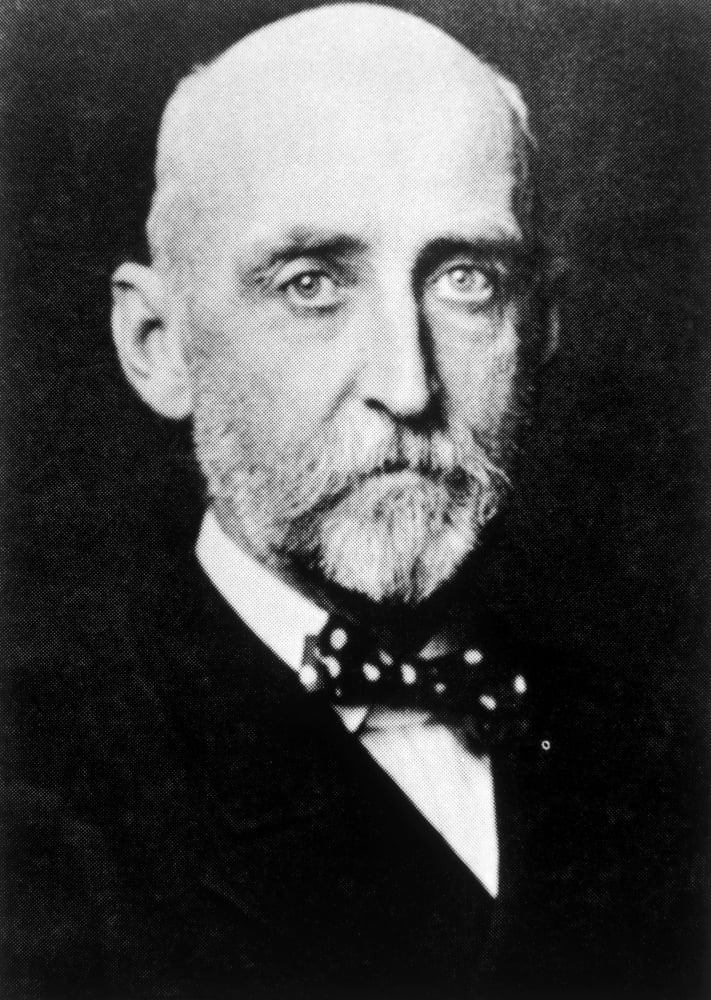
Many of Mahan’s tenets about world politics and strategy are mainstays of contemporary international relations theory.įirst, Mahan saw anarchy as a distinctive attribute of world politics.

Indeed, Mahan was a close reader of Thucydides. This tradition traces its lineage back to Thucydides, and includes such prominent modern thinkers as Hans Morgenthau and Henry Kissinger. To use the language of modern-day international relations theory, Mahan’s thought belongs within the realist tradition for the study of relations between states. This neglect is unfortunate because Mahan was a seminal thinker on international politics and strategy. His more famous historical writings, highlighting naval operations, are emphasised in examinations of his thought, while his theories about international politics are relatively neglected. He failed, however, to provide his readers with a systematic treatment of his own views on international relations, geopolitics, and grand strategy. He was a celebrated and prolific writer for almost a quarter of a century, writing extensively on international relations. In addition to his contribution to the study of naval history and operations, Mahan was a student of international relations and a policy analyst. As a consequence, Mahan is now best remembered as a naval historian, analyst of warfare in the maritime domain, and theorist of sea power.īut this perspective on Mahan is too narrow. Scholars examining Mahan’s writings tend to concentrate on these histories about naval operations during the great wars between the end of the 17th and the beginning of the 19th centuries.

Mahan’s reputation as a strategic thinker rests primarily on his famous books about the influence of sea power on the world and its affairs. This essay originally appeared under the title ‘Alfred Thayer Mahan,geopolitics and grand strategy‘ in ‘ The Return of Geopolitics’, Bokförlaget Stolpe, in collaboration with the Axel and Margaret Ax:son Johnson Foundation, 2019.Īlfred Thayer Mahan (1840–1914) stands out as one of the foremost thinkers on naval warfare, strategy, and international politics.


 0 kommentar(er)
0 kommentar(er)
